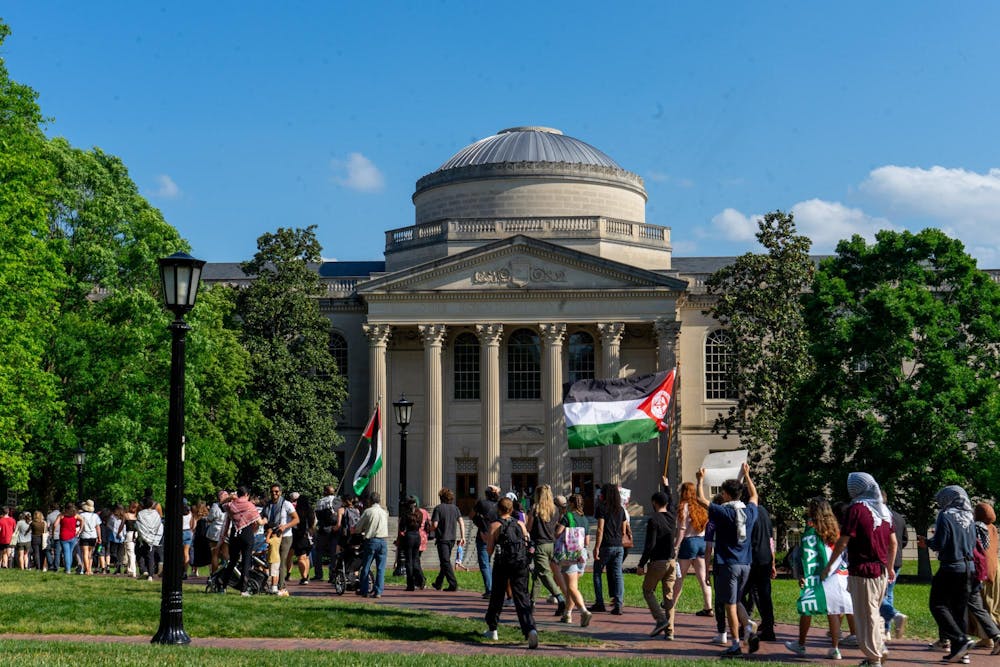Hard conversations used to scare me.
That is until I realized, how else do you debate who should win the upcoming U.S. presidential election? How do you discuss international conflicts in an empathetic and nuanced way? How can you respectfully learn about the intricacies of a different culture?
Conversations about race, religion and politics have an almost taboo status in society. Growing up, discussion of contentious issues were even actively discouraged; “Never talk about politics or religion in polite company,” the old adage nags.
It’s understandable that people are averse to having contentious conversations, where the stakes of misspeaking or misunderstanding are high. Most reasonable people don’t make offending or insulting others during conversations their goal.
The weight of emotions, centuries-entrenched ideology and ignorance that affect all of us, consciously and unconsciously, make these conversations seem daunting.
During this past spring semester, amid these swirling thoughts of curiosity and hesitance, I decided to enroll in IDST 128 Never in Polite Company: Talking about Religion and Politics in Public.
The course equipped students with a foundation of knowledge regarding the history of race, religion and politics in the U.S. through the lenses of religious studies, anthropology and political science. The class also stressed the importance of practically applying this knowledge in class discussions; our primary objective was learning how to speak with one another by having “hard conversations” about these topics.
It seems obvious, almost trivial, to say that the best way to widen your perspective is by talking with someone and listening to their experiences. However, we live in an age where social media enables and encourages rapid-fire hot takes, contentious debates and sensationalized news coverage all within a character limit that annihilates the possibility of nuance. There is a need for conversation in which both participants are informed, engaged and actively trying to empathize with one another. This is the only way to ensure that the issues that affect our community members are introduced to mainstream attention and solved.
The course’s emphasis on dialogue, empathy and understanding prompted me to consider the importance of proactively having discussions in which you challenge your knowledge and understanding of the world. Many of the courses at UNC provide students with the opportunity to attain the foundational knowledge needed for hard conversations, yet, in order to foster a truly engaged community, students must also learn how to have them.




